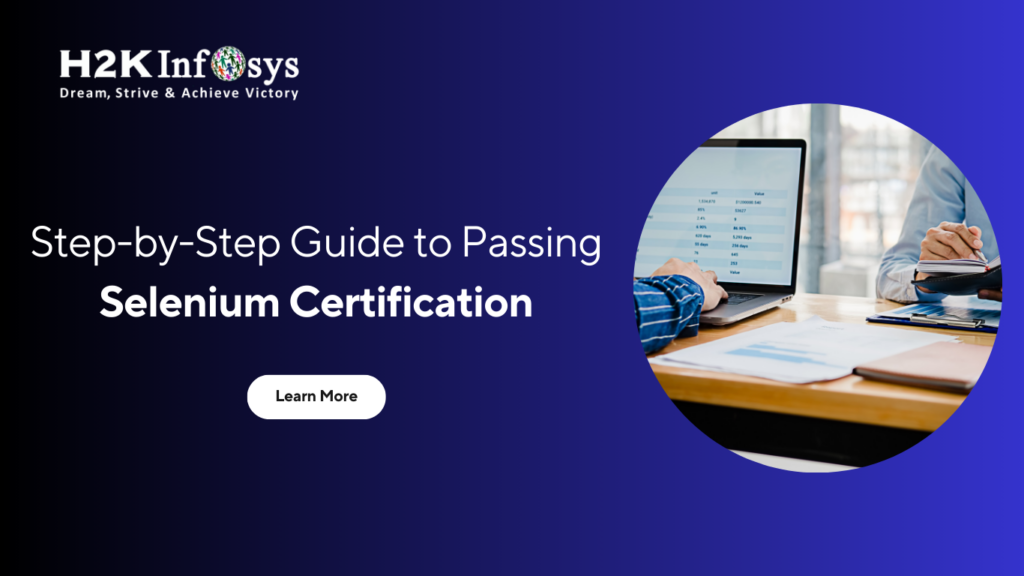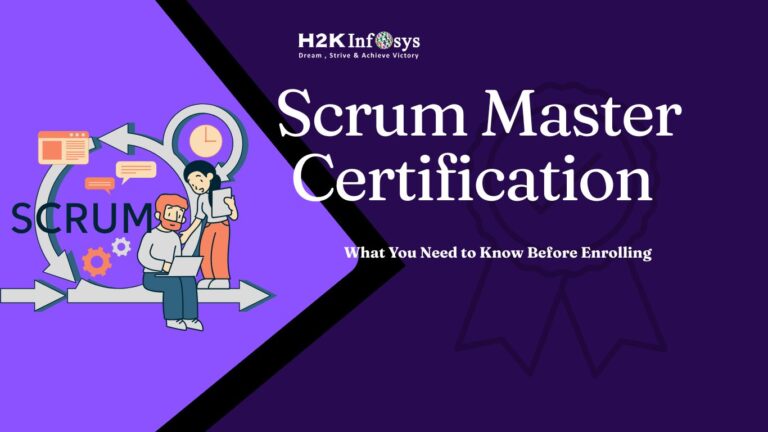As a Business Analyst (BA), preparing for an interview is essential for showcasing not only your technical knowledge but also your analytical and problem-solving skills. In this comprehensive blog, we’ll cover the top 10 business analyst interview questions, providing expert answers and insights. By the end of this post, you’ll gain a solid understanding of the interview landscape and be ready to ace your next interview.
Introduction
Business analysis is a vital role in organizations today, enabling effective decision-making and strategic growth. With the demand for skilled BAs on the rise, acing an interview becomes critical to securing a job. Whether you’re just starting with Business analyst training or completing a business analysis online certification, this guide will provide you with practical knowledge and real-world scenarios that employers seek in a candidate.
Let’s dive into the top 10 business analyst interview questions you need to be prepared for and the best strategies to answer them
1. Can You Describe a Typical Day in the Role of a Business Analyst?
Expert Answer:
A typical day for a business analyst involves:
- Meeting with stakeholders to gather and document business requirements.
- Conducting data analysis to support decision-making.
- Creating project documentation such as business cases, use cases, and process flow diagrams.
- Collaborating with IT and development teams to ensure business needs are translated into functional specifications.
Real-world Example:
In a project to improve customer service response times, I worked with the customer support team to identify pain points, documented their requirements, and collaborated with the IT team to develop an automated solution. The result was a 30% reduction in response times.
2. How Do You Prioritize Tasks in a Project?
Expert Answer:
To prioritize tasks effectively, I:
- Use prioritization frameworks like MoSCoW (Must-have, Should-have, Could-have, Won’t-have).
- Assess the business value each task delivers.
- Consider dependencies between tasks and deadlines.
Practical Tip:
During Business analyst placement and training, learn how to balance stakeholder demands by aligning tasks with the overall project goals, ensuring high-priority tasks that impact business value are completed first.
3. Explain the Difference Between Agile and Waterfall Methodologies?
Expert Answer:
Agile and Waterfall are two distinct project management approaches:
- Agile: Iterative, allows for changes during the project, and focuses on customer collaboration.
- Waterfall: Linear, structured phases that must be completed sequentially without scope for mid-project changes.
Case Study:
During a software upgrade project, I applied Agile methods, holding regular sprint meetings and iterating based on client feedback. This flexible approach allowed us to adjust features as new requirements emerged, ultimately improving customer satisfaction.
4. How Do You Handle Stakeholder Conflicts?
Expert Answer:
To manage stakeholder conflicts:
- I facilitate open communication and understand each stakeholder’s perspective.
- Use negotiation and active listening to find common ground.
- Escalate issues only when necessary after attempting resolution through collaboration.
Pro Tip:
Business analysis online certification programs often cover conflict resolution techniques. Mastering these skills will set you apart as a mediator who can ensure project success despite differing stakeholder opinions.
5. What Techniques Do You Use to Elicit Requirements?
Expert Answer:
My approach to eliciting requirements includes:
- Interviews: One-on-one discussions with stakeholders to gather their expectations.
- Workshops: Group sessions to brainstorm and clarify requirements.
- Observation: Shadowing users to understand their workflows and challenges.
- Document Analysis: Reviewing existing documentation for relevant insights.
Example:
During a logistics optimization project, I combined interviews and document analysis to identify inefficiencies in the supply chain, leading to a 15% cost reduction.
6. How Do You Ensure Requirements Are Clear and Testable?
Expert Answer:
I ensure requirements are clear and testable by:
- Writing them in SMART (Specific, Measurable, Achievable, Relevant, Time-bound) format.
- Collaborating with quality assurance teams to develop corresponding test cases.
Best Practice:
In business analyst training, it’s critical to focus on writing precise, testable requirements that align with project objectives. Clear requirements reduce ambiguity and ensure the final product meets business needs.
7. Describe a Time You Facilitated Change Management?
Expert Answer:
In change management, I:
- Communicate the benefits of change to all stakeholders.
- Provide training and support to ensure smooth adoption.
- Monitor the impact and gather feedback post-implementation to address any issues.
Real-world Example:
I facilitated a CRM software transition, ensuring all employees were trained on the new system and offered post-implementation support. This proactive approach led to a 95% adoption rate within the first month.
8. How Do You Use Data in Your Role as a Business Analyst?
Expert Answer:
I use data to:
- Analyze trends and make data-driven recommendations.
- Validate the assumptions and business requirements with actual data.
- Support the decision-making process with quantitative insights.
Real-world Application:
In a sales process optimization project, I used historical sales data to identify bottlenecks in the pipeline, leading to a 20% increase in conversions.
9. What Business Analysis Tools Do You Use?
Expert Answer:
Some of the essential tools I use include:
- JIRA: For managing project tasks and tracking requirements.
- MS Visio: For creating flowcharts and process diagrams.
- SQL: For querying databases and analyzing data.
- Tableau: For data visualization and reporting.
Pro Tip:
Mastering industry-standard tools through Business analysis online certification will enhance your ability to communicate effectively and deliver actionable insights.
10. What Are the Key Attributes of a Successful Business Analyst?
Expert Answer:
The key attributes of a successful BA include:
- Analytical thinking: Ability to break down complex problems.
- Communication: Clear articulation of ideas and requirements.
- Adaptability: Flexibility to pivot in fast-changing environments.
- Attention to detail: Ensuring accuracy in documentation and analysis.
Industry Insight:
Employers seek BAs with a blend of soft skills and technical expertise. Business analyst placement and training programs emphasize the importance of cultivating these traits through hands-on learning.
Conclusion
Successfully preparing for a business analyst interview demands a deep understanding of both theoretical concepts and their practical applications in real-world scenarios. In today’s competitive job market, it’s essential not only to possess technical knowledge but also to demonstrate how that knowledge can be applied to solve business challenges.
These expert answers offer a comprehensive foundation, equipping you to confidently tackle the most frequently asked interview questions. By integrating these insights into your interview preparation, you’ll be well-positioned to stand out from other candidates, impress potential employers, and showcase your readiness to contribute to their business goals.
Key Takeaways
- Mastering elicitation techniques and requirement management is essential.
- Practical knowledge of Agile methodologies and conflict resolution is invaluable.
- Clear communication and adaptability are key skills for success as a business analyst.
For more in-depth learning, consider enrolling in H2K Infosys business analyst training programs. With hands-on projects, real-time case studies, and expert-led courses, you can gain the skills and confidence to excel in your next business analyst interview.
Call to Action
Ready to elevate your career as a Business Analyst? Join H2K Infosys’ business analyst training today for comprehensive learning, placement assistance, and industry-recognized business analysis online certification. Get started now and take the first step toward securing your dream job!





























